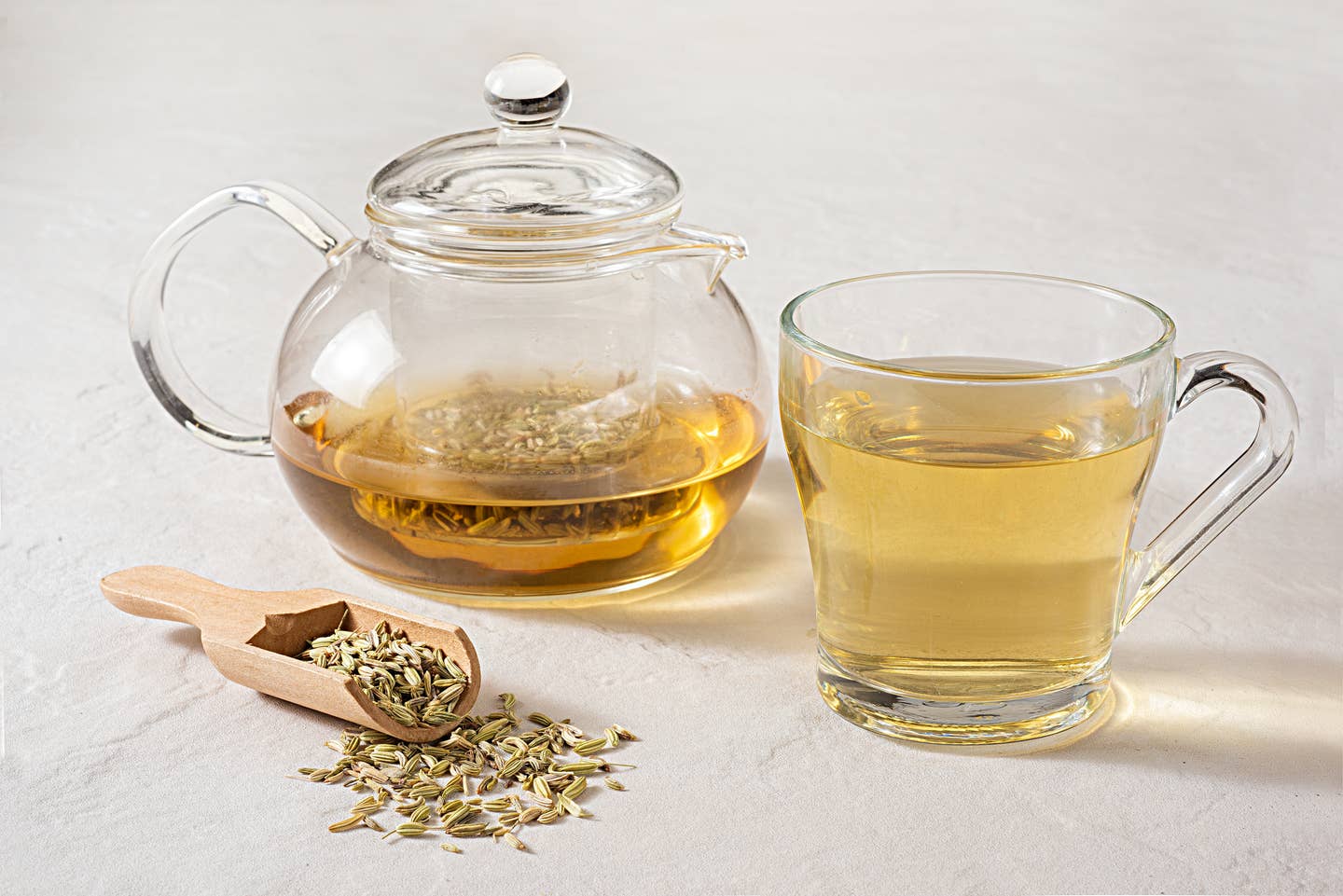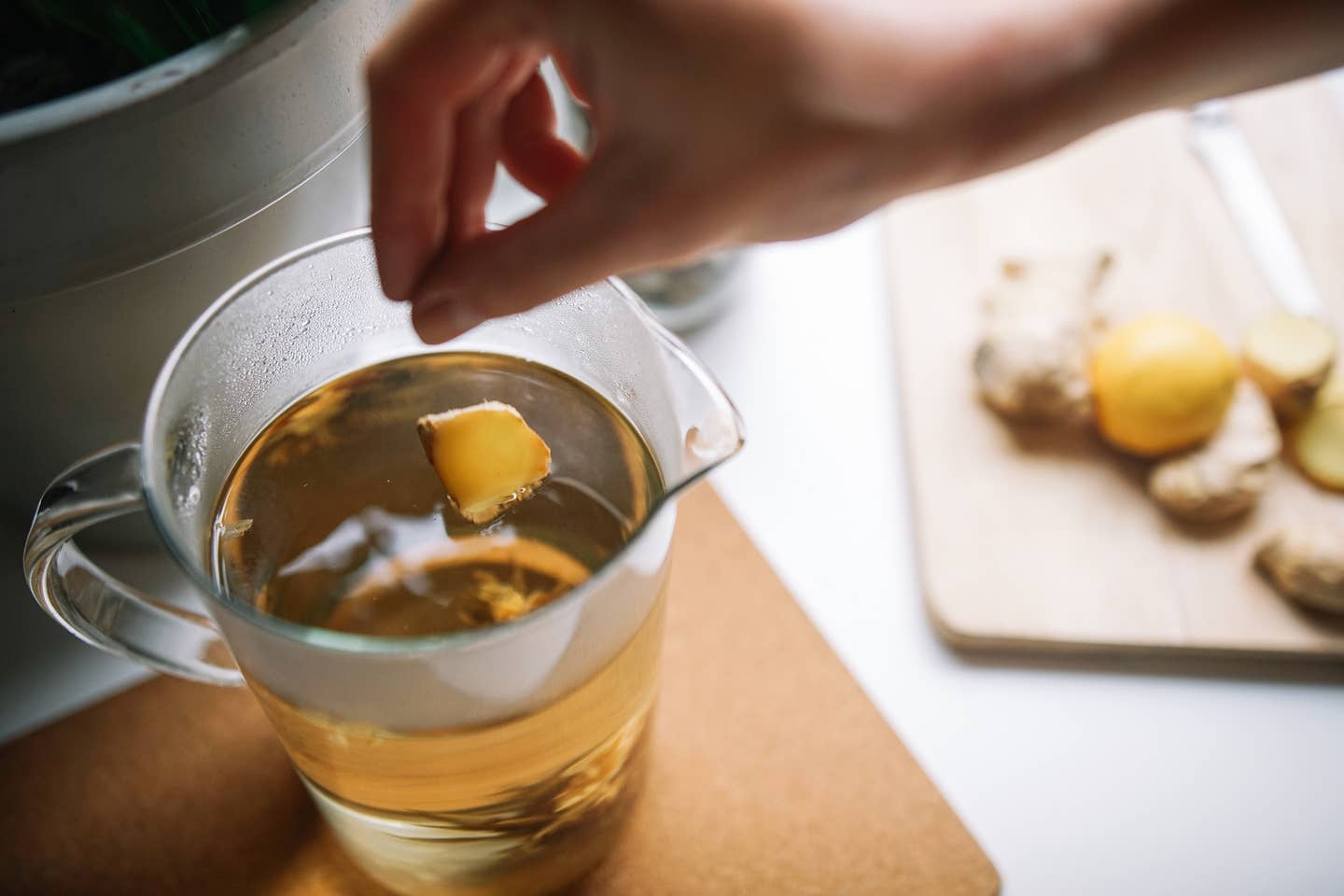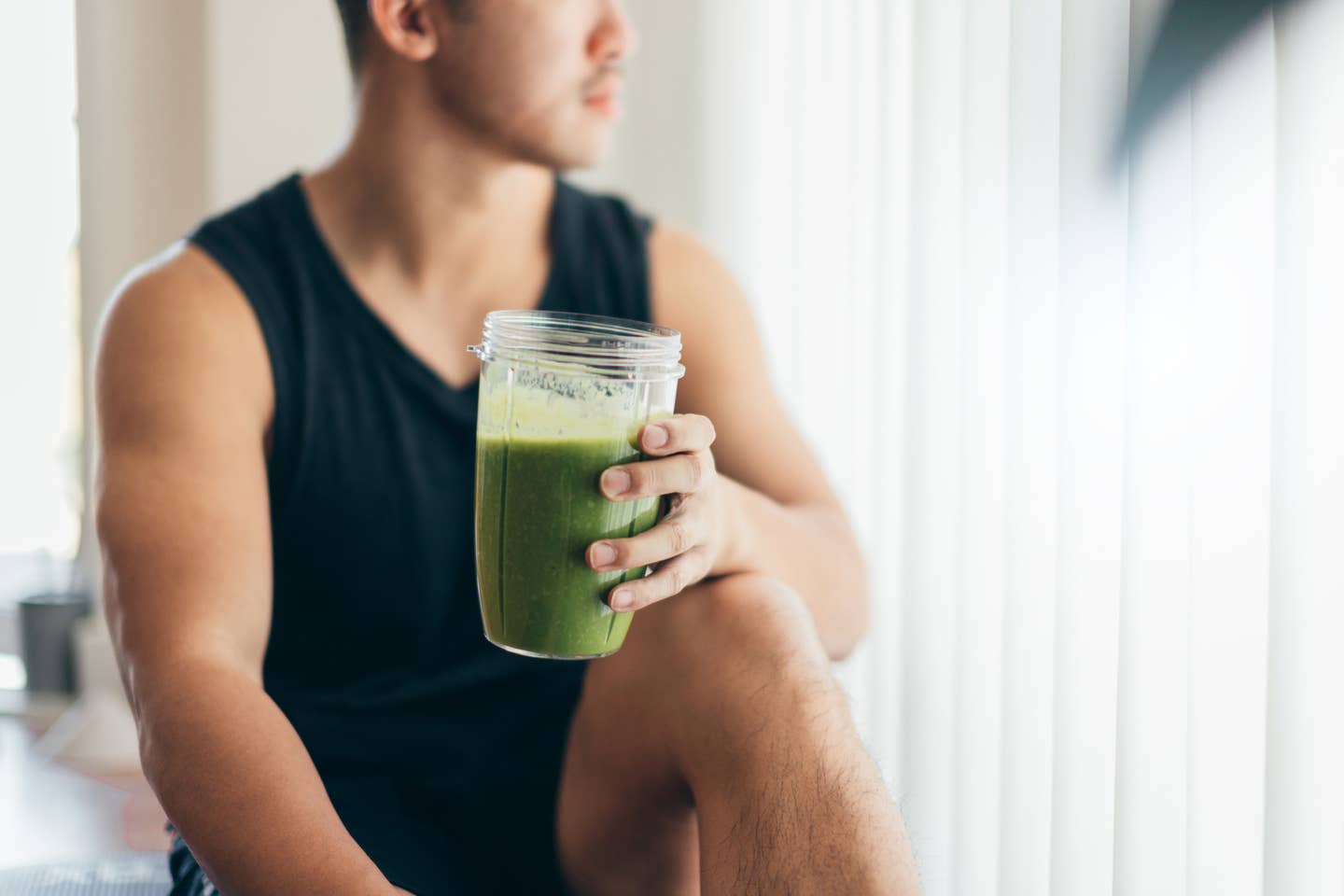
5 Mood-Boosting Foods to De-Stress & Reach Your New Year’s Resolutions
The second most popular resolution this New Year's is "self-improvement," which encompasses mood and mental health, according to a survey. This resolution includes reducing stress and feeling happier, and less depressed. What may be surprising is that the same foods you'll eat to be healthier are also those that can help you achieve mental well-being, To boost your overall mental health mood, eat a more plant-based diet, studies show.
A plant-based diet of foods rich in antioxidants, vitamins, and other minerals has been scientifically proven to lower cortisol, improve energy levels, and make a positive impact on memory, mind, and mood.
Get Healthier This New Year
Eating a whole-food plant-based diet (and avoiding processed food) can help reduce the risk of depression, studies show, whereas a diet that contains high consumption of red and/or processed meat and dairy and a low amount of fruits and vegetables is linked to an increased risk of depression.
Keep in mind that just because you eat a vegan diet doesn't always mean it's healthy. For best mood-boosting results, steer clear from processed faux meats, dairy, and other replacements that may contain highly-processed ingredients to better mimic the real thing. Aim to eat foods that are minimally processed and as close to the way they are found in nature as possible, which are whole foods.
Overall whole plant-based foods are best but specifically, stock up on these foods that have the power to enhance your mental health and boost your wellbeing. The following 5 f foods are known to contain vitamins, minerals, and amino acids that boost your brain's "feel good" hormones – serotonin, dopamine – and reduce cortisol, known as the "stress hormone."
1. Tahini contains an amino acid that helps treat anxiety
The Meditteranean sesame spread is also a common ingredient in hummus and is often used as a sauce for falafel. Tahini is rich in a source of an amino acid called L-tryptophan, a serotonin precursor that helps reduce stress and anxiety. According to researchers, L-tryptophan is a precursor for the neurotransmitters, serotonin, dopamine, and norepinephrine. "The ability of the body to produce these neurotransmitters is directly linked to the levels of these amino acids consumed in the diet," the study found. The study's authors believe that there are legitimate nutritional approaches for treating anxiety. On the flip side, a deficiency in tryptophan may lower your serotonin system and cognition function according to a different study.
2. Matcha Powder Contains a Natural Amino Acid That Helps You Relax
Matcha is often used as an alternative to coffee because of its natural caffeine levels are not as nerve-triggering as coffee. Researchers point out that matcha has a significant stress-reducing effect, in lab studies. The reason is that matcha contains a balanced combination of caffeine and L-theanine, which is a natural amino acid found in plants that helps with relaxation without creating drowsiness. L-theanine has been shown to improve relaxation, tension, and calmness, according to researchers. The dosage that appears to work best is 200 mg, according to researchers. One scoop of matcha contains about 20 mg of L-theanine so feel free to drink matcha all day long and substitute it for your coffee for calming effects.
3. Swiss Chard Contains High Levels of Magnesium, Which Reduce Stress
We've always been told to eat our greens, but for mood-boosting benefits eat swiss chard, since it contains high levels of stress-reducing minerals, like magnesium. Swiss chard is the green that is richest in magnesium, and research has found a link between magnesium deficiency and stress, meaning people who have low levels of magnesium are likely to be more stressed and anxious compared to those who have the highest levels of magnesium
For reference, one cup of cooked Swiss chard, (175 grams), contains 36 percent of the recommended intake for magnesium, so this leafy green vegetable is a healthy way to consume this essential mineral. Collard greens and pumpkin seeds, almonds, and spinach are all high in magnesium if you want to switch it up.
4. Acerola Cherries are a good source of vitamin C which gets depleted by stress
Acerola cherry is "an untapped functional superfruit," according to a recent study that looked at the many benefits of this fruit. Acerola cherries are rich in Vitamin C, which gets depleted at a rapid rate when the body and mind are stressed. Vitamin C has long been associated with combating various diseases and fighting the oxidative stress that leads to signs of aging.
One acerola cherry contains 80.5 mg of vitamin C, which is almost more than half the vitamin C in oranges and nearly triple the vitamin C contained in one lemon. Only kiki fruit comes close, with 64 mg, so the Acerola cherry reigns supreme when it comes to getting your C.
5. Kimchi is a fermented food that contains probiotics that help reduce social anxiety
Fermented foods like kimchi are packed with healthy bacteria, or probiotics, as well as essential vitamins and minerals that may help fight stress, studies have found. Researchers suggest that the regular consumption of fermented foods containing probiotics may reduce social anxiety and stress levels. Probiotics are micro-bacteria that help the gut microbiome shift to be healthier.
"Higher frequency of fermented food consumption was associated with fewer symptoms of social anxiety," according to the study. Similarly, a different study suggests that kimchi is powerful as an anti-aging food that can fight oxidative stress and boost antioxidants in the bofy. Kimchi is "a promising functional food with an antioxidative effect and fermentation of kimchi led to the elevation of antioxidative activity."
How to Start Your Plant-Based Journey
To reach your goals, whether they be improving your mood and mind, or eating healthier, simply start by incorporating these foods into your diet, and aim to more eat plant-based.
The Beet is here to help. The first step to eating a plant-based diet can be as simple as making a smoothie for breakfast with plant-based milk, and adding any fruits, seeds, veggies, or any plant-based foods that you like. For lunch, create a giant colorful salad, and for dinner recreate your favorite recipe and make it vegan, like a lentil bolognese.
To help you get started, download our free 28-Day Beginner's Guide to a Plant-Based Diet, or if your goal includes weight loss, The Beet's Plant-Based Diet created by Nicole Osinga, RD, will help you reach your health and wellbeing goals.
More From The Beet






